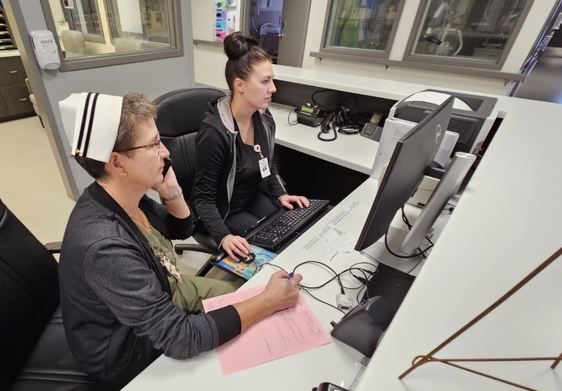The federal government is investing more than $29.9 million to help personal support workers across Canada build retirement savings, officials announced Wednesday.
The funding will support Common Wealth Pension Services Inc. under the Personal Support Worker Retirement Savings Innovation Program pilot. Over the next 24 months, the program aims to enroll more than 5,000 eligible personal support workers and build over $40 million in retirement savings by offering incentives to open accounts and matching part of participants’ contributions.
The program is intended to strengthen financial security for personal support workers while supporting workforce retention and improving long-term care services.
“A strong economy depends on a thriving care sector and the hard workers behind it,” said Patty Hajdu, Minister of Jobs and Families and Minister responsible for the Federal Economic Development Agency for Northern Ontario. “Through these measures, we're supporting personal support workers by helping them build a financial safety net and retire with confidence.”
Stephanie McLean, Secretary of State (Seniors), added, “They take care of our loved ones and provide support to older Canadians who want to age at home for as long as possible. They deserve the same retirement benefits as other health care workers.”
Common Wealth CEO Alex Mazer said the funding will allow personal support workers to quickly access incentives and begin saving, noting that many Canadians still lack workplace retirement plans. “Our goal over the next two years is to help more than 5,000 PSWs begin saving for retirement,” he said.
SEIU Healthcare President Tyler Downey called the initiative “a major step forward for retirement inclusion and innovation in Canada,” emphasizing that homecare workers deserve the same financial security as hospital and nursing home staff.
There are nearly 400,000 personal support workers in Canada, many of whom are women, immigrants, or racialized individuals earning modest incomes with limited benefits. The pilot program is designed to test effective ways to help these essential workers improve their long-term financial security.
The federal government said the investment is part of a broader plan to strengthen Canada’s health care system, with close to $200 billion committed over 10 years, including $46.2 billion in new funding for provinces and territories.
